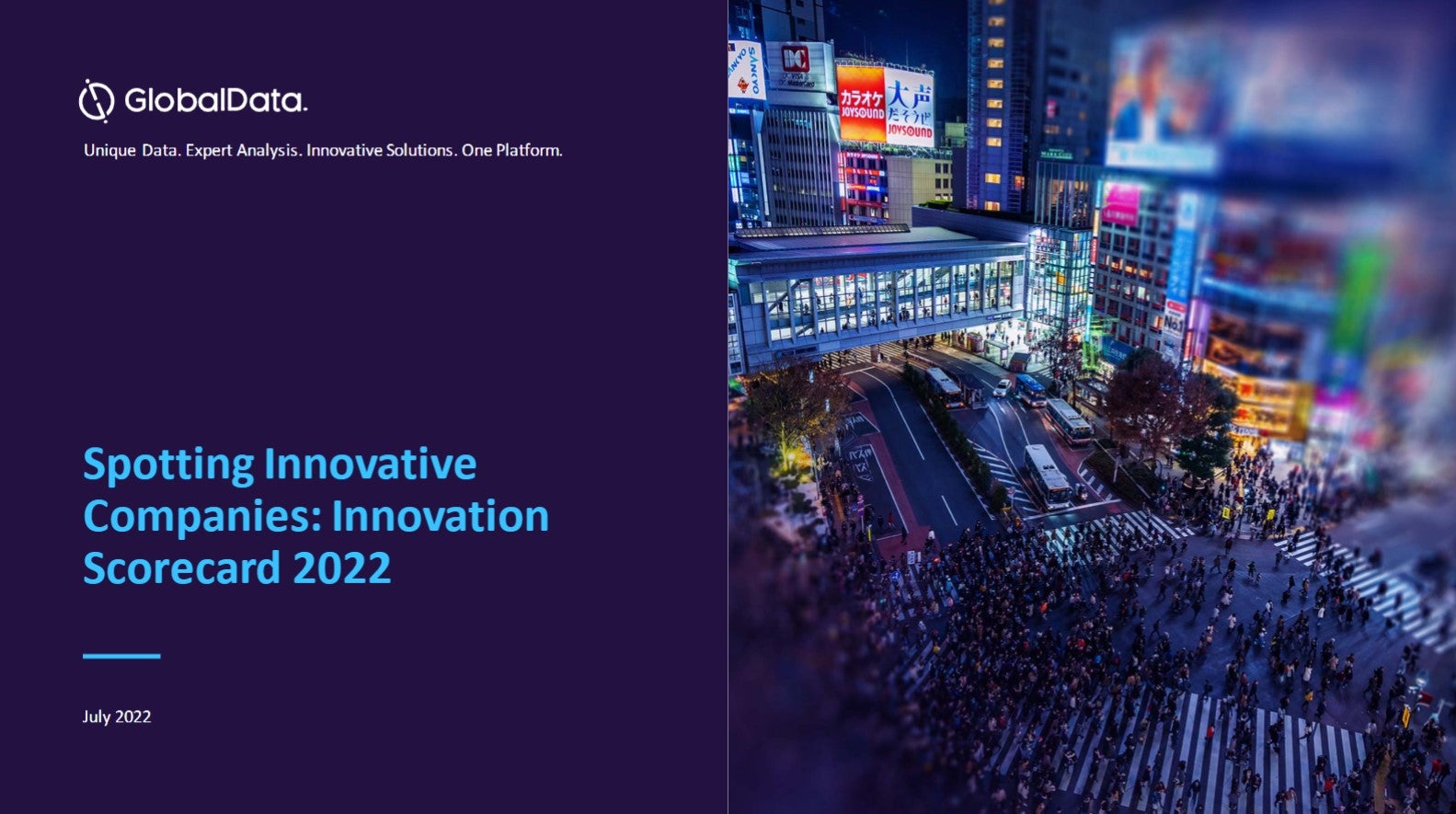Delivery innovation has been key following the outbreak of Covid-19 in early 2020. Many consumers shifted their spending from brick-and-mortar stores to online and are continuing to demand the fast and convenient delivery of products to their doorsteps. This has put significant strain on retailers and delivery companies working to fulfill last-mile deliveries. Last-mile delivery refers to the final stage of supply chain operations and is often described as the most challenging phase of any supply chain.
Listed below are the key consumer trends impacting the delivery innovation in retail theme, as identified by GlobalData.
How well do you really know your competitors?
Access the most comprehensive Company Profiles on the market, powered by GlobalData. Save hours of research. Gain competitive edge.

Thank you!
Your download email will arrive shortly
Not ready to buy yet? Download a free sample
We are confident about the unique quality of our Company Profiles. However, we want you to make the most beneficial decision for your business, so we offer a free sample that you can download by submitting the below form
By GlobalDataSustainability
The popularity of organic and sustainable products will continue to grow. There has been a sudden spike in the number of retailers offering sustainable products to appeal to millennials and Gen Z. These consumer demographics are particularly concerned about climate protection and the general well-being of the environment, especially after the global pandemic. Retailers will have to re-align their delivery approach to keep up with consumer demands surrounding sustainability.
Amazon has been at the forefront of promoting sustainability in its supply chain; for example, it has committed to becoming net-zero carbon by 2040 and pledged to power all its operations with 100% renewable energy by 2025. In January 2020, Amazon India launched a fleet of electric delivery rickshaws aimed at reducing its carbon footprint during the delivery process and announced plans to expand the fleet to include 10,000 electric vehicles (EVs) by 2025. Also, other aspects such as its commitment to reduce water usage in data centres, usage of only sustainable aviation fuel, innovation in packaging that eliminates waste, and efforts to ensure that products arrive intact and undamaged are reflective of its intentions to create a sustainable business model.
Similarly, in October 2021, Monoprix Group inaugurated its first certified carbon-neutral logistics platform in Seine-et-Marne, Paris. Ocado has expanded its partnership with technology company Bedeo in a bid to ensure its transition to sustainable last-mile delivery is achieved. In 2019, Ocado launched a fleet of 15 electric vans powered by Bedeo for its last-mile deliveries. It is bringing more vehicles into the service and is aiming to increase the fleet size to 32 electric vans by the end of 2021.
Apparel companies are also striving to promote sustainability in their supply chains. For example, on 15 July 2021, Inditex unveiled the sustainability goals it has set up for the coming years at its Annual General Meeting. The zero-emission target for its supply chain, which was previously set for 2050, was brought forward by a decade to 2040. The retailer also plans to ensure that energy used in operations across its supply chain will be from renewable sources by 2022 and aims to reduce water usage in its supply chain by 25% by 2025.
This is an edited extract from the Delivery Innovation in Retail – Thematic Research report produced by GlobalData Thematic Research.




